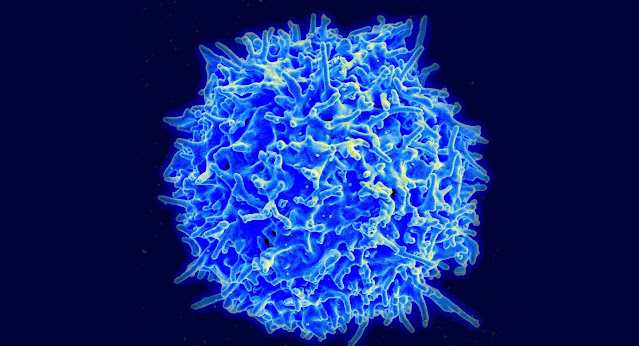Auto Immune Disease
Understanding Auto Immune Disease and Its Treatments Autoimmune diseases are characterized by an abnormal response to a normally harmless substance or an excessive response to a normally harmless substance. An auto-immune disorder can be inherited, acquired, and the condition can even be the result of a reaction to a normal dietary component. While there is no one test for auto-immune disease, doctors generally look for certain antibodies in order to confirm the diagnosis and then proceed with treatment. There are basically two kinds of auto-immune diseases - Idiopathic Autoimmune Disease and Systemic Autoimmune Disease. For Idiopathic Autoimmune Disease doctors usually look for markers such as GAD, Chronic Fatigue Syndrome, fibromyalgia, reactive arthritis, Sjogren's syndrome, etc. In systemic autoimmune disease doctors look for markers such as Neuophilitis,
Lupus, multiple sclerosis, autoimmune thyroid disease and Lupus. Allergies are not considered to be auto-immune diseases. Autoimmune disorders affect everyone, but they tend to be more common in people who suffer from poor diets, are overweight or obese and/or have poor immune function. Poor diets lead to a breakdown in the proper gut flora, resulting in an overgrowth of the bacteria that causes autoimmunity. Autoimmunity can also result from chemical toxins that are present in foods today. A common example of a chemical toxin is BPA (Bisphenol A). Eliminating these toxins can help restore the proper gut flora, thereby restoring autoimmunity. As mentioned above, there are no tests currently available to diagnose auto-immune disease.
It is impossible to predict with 100 percent certainty whether or not you will develop an auto immune disease based on your genetic information. However, doctors do know what to look for and can use your medical history and symptoms as a guide. If you feel that you may have an auto-immune disease, it's important that you find out as much information as possible. A good place to start would be your doctor's office. They are probably going to perform a blood test to see if you have any allergies or other conditions that can be related to auto-immune disease. If you are suffering from depression or fatigue it could be due to an adverse reaction to your medications. Your doctor may prescribe an allergy medication or suggest that you see an allergist to help treat your specific allergies.
If your doctor diagnoses auto immune disease, he will then ask you a series of questions designed to determine if you have any of the symptoms. The first question will likely be, "Do you have migraines?" Migraines can be very severe especially if they occur on a daily or nightly basis. If you do have migraines, you may want to investigate the possibility that you have a cold or the flu. Colds are usually triggered by stress and having a cold can actually make your migraines worse. If you do have a fever and have chronic migraines, you may want to go to a doctor to rule out anything else. You'll also be asked about your diet and lifestyle. If you have certain foods or drinks in your diet that trigger outbreaks then you'll want to eliminate them. Another thing that doctors will want to know about your lifestyle is if you smoke or drink alcohol. This is because some people suffer allergic reactions to some of these substances.
If you are able to cut down on your exposure to these substances, you'll probably find that your auto-immune disease is more under control. Once your auto immune disease is under control you'll notice a big difference in the quality of your life. Many people with chronic illness feel depressed or overwhelmed and just don't enjoy living life like they'd want to. With the help of your doctor you'll be able to control your illness and return to living a normal, happy life. You'll have the ability to take care of yourself and live without any restrictions
For more details on Best Office 365 Backup Providers visit - The Tech Journal
For more amazing blogs visit - https://thetechjournal.in/

Comments
Post a Comment